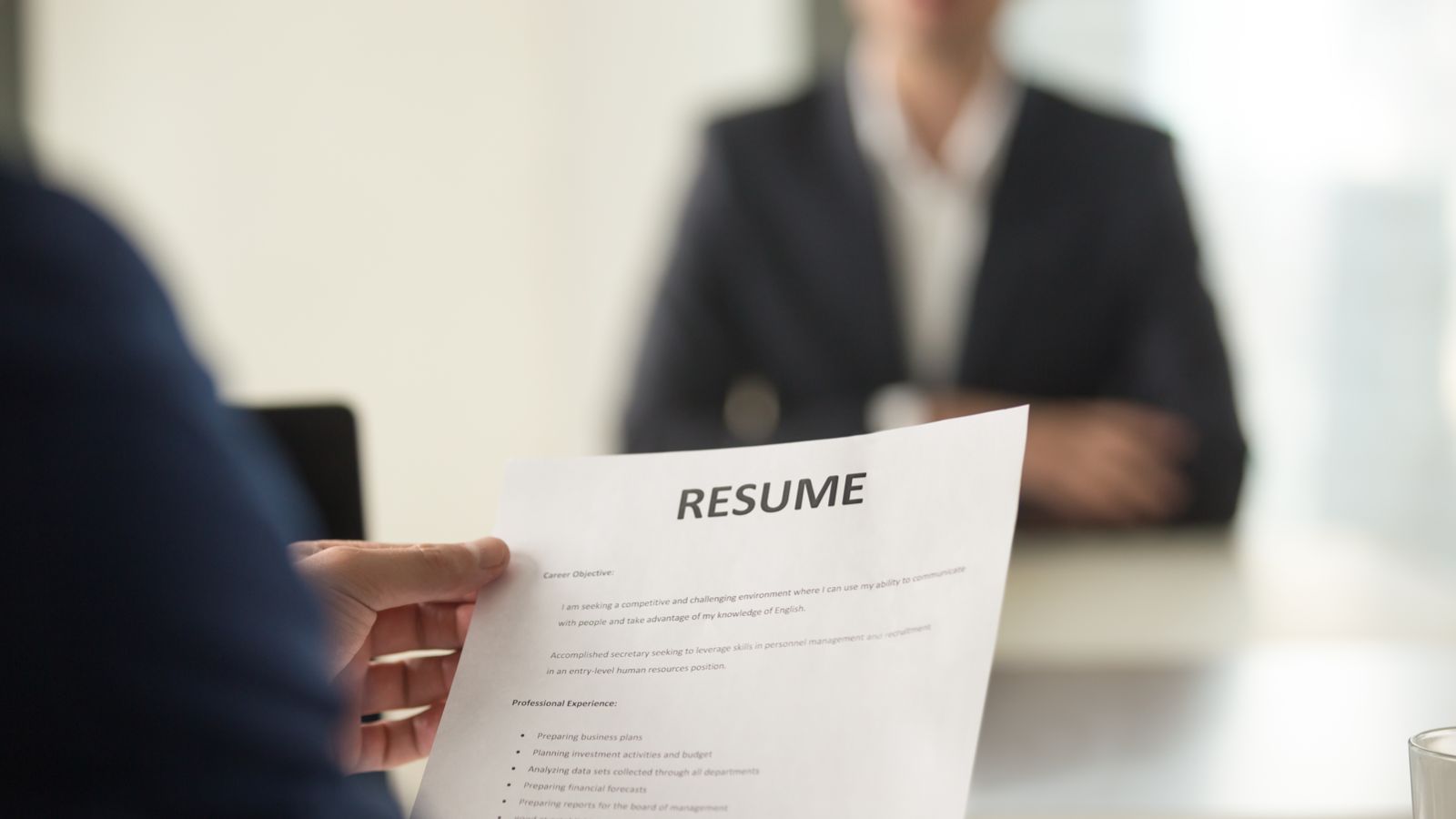Millennials were born between 1981 and 1996, and were the first generation to surpass baby boomers in terms of number. Living through a variety of historical events and mainly entering the workforce during a recession, this generation has a unique outlook on life and can’t wait to get rid of these 19 boomer trends.
Formal Work Attire

It has become increasingly popular for companies to adopt casual dress codes, which reflect a millennial preference for comfort and authenticity. Forbes says, “These generations work in a much more agile way and are unlikely to spend full days in the office, so wearing clothes that allow them to move comfortably between different environments became key to their work identity.”
Buying Homes as a Status Symbol

Economic factors in the lives of millennials, including rising housing prices and student debt, have led many of this generation to delay or reconsider homeownership. This is a big contrast to previous generations, who thought of buying a home as a key life milestone.
Ownership Over Access

Services such as Uber and Airbnb have created an economy of sharing, which resonates with the millennial generation. This trend is also reflected in the popularity of subscription services and rental models for industries such as entertainment and fashion, which allow flexibility and variety.
Traditional 9-to-5 Workdays

Digital innovation and connectivity have enabled millennials to work flexible hours from remote locations. This reflects the generation’s push to find a better work-life balance. According to The Muse, “By around 2030, the Millennial majority will likely have done away with the 9-to-5 workday entirely.”
Linear Career Paths

Many millennials aren’t finding themselves following the concept of a lifelong career in one field or company, as their parents or grandparents may have. This generation is likely to change jobs more frequently as they search for personal growth, job satisfaction, and better opportunities.
Manual Banking and Financial Management

Digital banking has become the norm for millennials, who prefer online transactions and banking apps for their convenience and immediacy. Alongside this, millennials are using digital innovations such as cryptocurrencies, robo-advisors, and peer-to-peer payment tools, further pushing banks to innovate.
Conventional Marriage and Family Structures

Millennials are getting married later and have a bigger preference for cohabiting with partners, single parenthood, and diverse family configurations. This is often attributed to the greater emphasis on personal development, career, and financial stability within this generation. According to Gitnux, “getting married by the age of 32 has declined from 47% in 1980 to 29% in 2015.”
Print Media Consumption

Millennials prefer online sources for news, entertainment, and information, driven by the desire for immediacy, interactivity, and accessibility. As a result, print newspapers and magazines face declining circulation and readership and need to turn to digital platforms, social media, and apps.
Gender-Specific Roles

According to Business Insider, “Millennials were also the most likely of any age group to think that the next decade will see a shift away from gendered stereotypes, even more than their younger counterparts.” This generation advocates for equality and a move away from gender stereotypes at work, in the media, and in general society.
Single-Use Plastics

This generation is at the forefront of advocating against single-use plastics, significantly influencing consumer trends toward sustainable and eco-friendly products. This demand has seen an increase in products like reusable straws, shopping bags, and packaging materials, as well as corporate shifts toward reducing plastic waste.
The Stigma Around Mental Health

Pivotal in breaking down stigmas around mental health, millennials have fostered a culture of openness and support when it comes to discussing and seeking help for mental health issues. This has led to increased resources, better access to mental health services, and a more widespread acceptance of mental health challenges.
Mass-Produced Fast Fashion

While fast fashion producers are still very popular, many millennials are speaking out about concerns over environmental impact, sustainability, and ethical labor practices. They are demanding more transparent information and responsible sourcing from brands, and they often favor thrift shopping and upcycling.
Rigid Gender Identity and Sexual Orientation Norms

Accepting a diverse range of gender identities and sexual orientations is important to millennials, and they have been instrumental in challenging traditional binary norms and advocating for inclusivity. This is reflected in changing social norms, increased visibility of LGBTQ+ individuals, and the push for rights in legal frameworks.
Consumerist Culture

There is a preference for minimalism, ethical consumption, and the prioritization of experiences over material goods in millennial culture, which has led to a shift away from consumerism. This can be attributed, in part, to the generation’s focus on sustainability and ethical practices.
Unquestioned Authority and Hierarchical Structures

Millennials prefer flat, democratic, and transparent structures in the workplace, and this is reshaping corporate cultures. As a result, companies are putting a bigger emphasis on collaboration, inclusivity, and direct communication to foster a culture of empowerment and shared leadership.
Dependency on Non-Renewable Energy Sources

Advocates for renewable energy, millennials are expressing a strong preference for sustainable and clean energy sources over traditional fossil fuels. This demand is helping to influence energy market trends and policy decisions to reflect a more sustainable-minded customer base. Millennials’ preference for sustainability is also seen in their career choices and investment decisions.
Traditional Corporate Culture and Values

There’s a growing rejection among millennials of traditional corporate cultures that prioritize profit over people and the planet. As a result, companies are putting a bigger emphasis on social responsibility and ethical business practices, focusing on diversity, equity, inclusion, environmental sustainability, and community engagement.
Inflexible Urban Planning and Design

Urban planners and developers are also being influenced by the millennial mindset of livability and adaptability. Rejecting the car-centric models of the past, millennials want planners to focus on mixed-use spaces, green areas, and public transportation options.
Delayed Life Milestones

This generation is often delaying traditional life milestones, such as marriage, parenthood, and home ownership, due to a variety of economic, social, and personal factors. Millennials have a greater focus on personal development, career advancement, and life experiences, which impact societal norms.
Read More: 18 Reasons Why No One Is Interested in Working Anymore

The concept of traditional employment has taken a back seat in recent times with changes in economic and social factors, as well as individual preferences. Traditional jobs have also evolved, and many people don’t feel the need to take this route anymore. These are 18 reasons why no one is interested in working anymore.
18 Reasons Why No One Is Interested in Working Anymore
17 States Americans No Longer Want to Live In

America is constantly changing, and within it, so are its states. Some have new laws that residents don’t agree with, while others have increasing rates of unemployment or areas of extreme poverty. These aspects make it difficult for a person to stay in their home state. Here are 17 states that Americans are deciding to reconsider.
17 States Americans No Longer Want to Live In
18 Adult Traits That Are Frequently Traced Back to Difficult Childhoods

If an adult had a difficult childhood, they’re more likely to display some traits that those with a more stable upbringing might not develop. In this article, you’ll discover 18 of those traits.
18 Adult Traits That Are Frequently Traced Back to Difficult Childhoods
17 Most Friendly Wild Animals in the World

Are you an animal lover looking to learn more about the curious creatures that inhabit our planet alongside us? Discover the amicable side of the animal kingdom. Meet 17 of the world’s most sociable wild animals, from playful sea creatures to gentle land mammals.
17 Most Friendly Wild Animals in the World
17 Phrases Confident People Use to Stand Up For Themselves

Confidence is a healthy and attractive trait that helps us stand firm in our values and set healthy boundaries. We can always become more confident, and learning the right ways to stand up for yourself is a great way to start. Here are 17 phrases you can use to do so.

